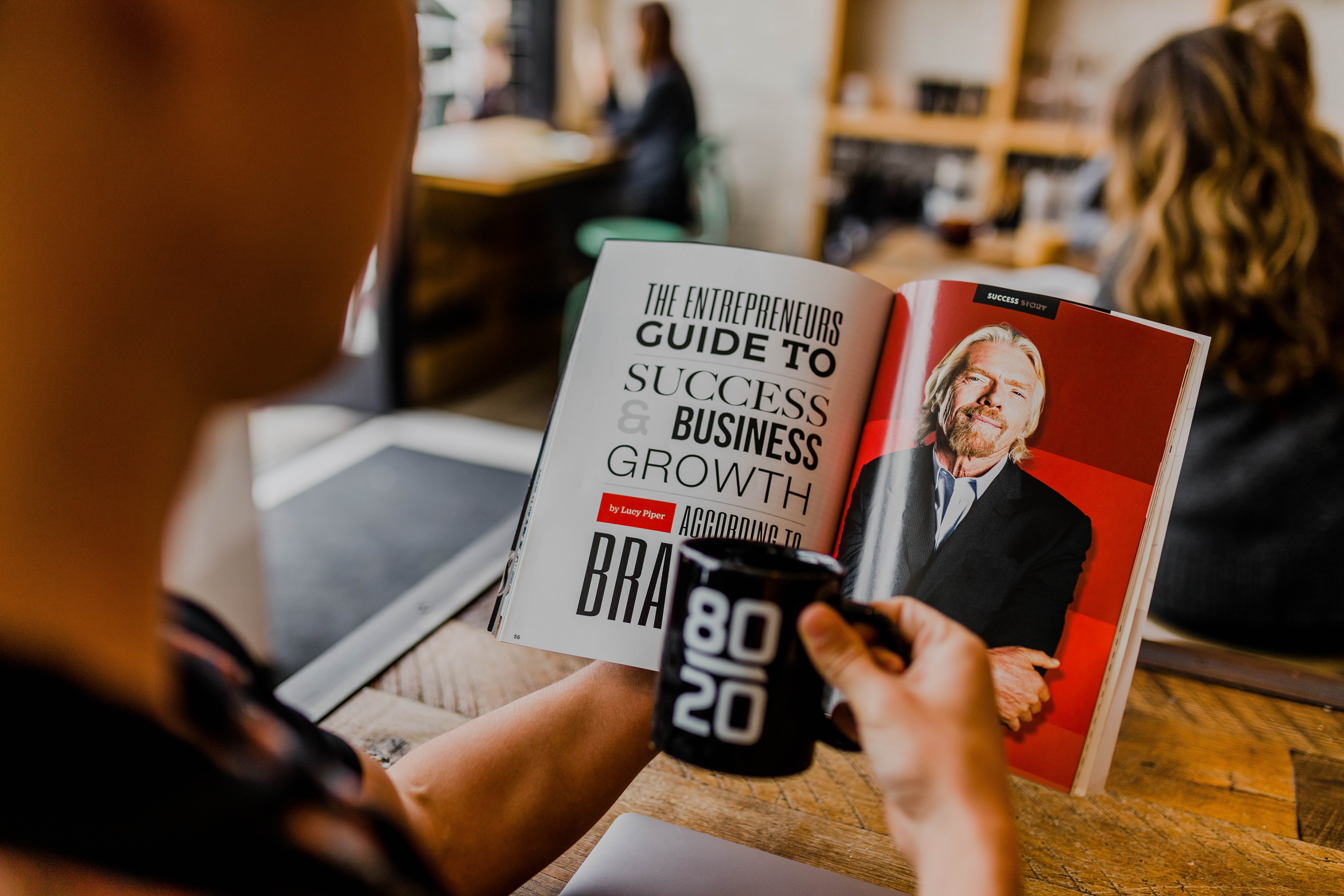It has been seven years since the death of Stephen Covey, author of the classic book, The 7 Habits of Highly Effective People. Covey’s main contribution was the quantitative, two-by-two matrix he created. At the beginning of each week, you write down in Quadrant 1 the tasks you deem as “urgent/important,” in Quadrant 2, “not urgent/important,” in Quadrant 3 “urgent/not important” and in Quadrant 4, “not urgent/not important.” While Covey’s matrix improves effectiveness, I believe an eighth qualitative habit that threads the matrix can be added: your ability to self-regulate or act instead of react when things don’t go your way because your reactivity impacts your attitude, performance, and effectiveness. And it influences how others in the workplace perceive you.

First And Second Zingers
Have you found that the more you scratch a spot that itches, the more it itches? And the scratching just makes it worse? Maybe you can’t do anything about the itch, but you can do something about the scratch. If you’re like most people, when an unpleasant situation (first zinger) upsets you, you react without giving it a second thought. Your reaction to work pressures and frustrations are “second zingers”—the ones you sting yourself with. Suppose your boss takes credit for your idea (the first zinger). You understandably react by flipping your lid (the second zinger), which adds insult to injury, making you say or do something you might later regret. The first zinger is unpleasant for sure, but sometimes the real distress comes from your second-zinger reaction instead of the event itself. If you can avoid reacting when uncontrollable events zing you, you can reduce your stress and improve your effectiveness and well-being.
When you fail at something, make a mistake or have a setback, your worry, frustration or anger create a second layer of stress, and you’re more likely to explode or give up. But if you can hold your reaction at arm’s length and observe it with curiosity from a bird’s eye view, the intensity of your stress subsides and keeps you from making matters worse. Think of it much as you might observe a blemish on your hand then get curious about where it came from. Instead of pushing away your reaction, ignoring it or steamrolling over it, the key is to acknowledge it with something like, “Hello frustration, I see you’re active today.” The simple recognition relaxes your second zinger so you can face the real problem–the first zinger–with more calm, clarity and ease.
Self-judgment also can throw you into a cycle of setbacks: “I ate a piece of carrot cake” spirals into, “I’ve already blown my diet, so I might as well eat a second piece” which turns into, “I’m such a loser; I’ll never get this weight off.” The second zinger (the stress you put yourself under) makes you feel bad, not eating the cake. The bad feelings throw you into a cycle of seeking comfort in the very behavior you’re trying to conquer. When you remove the second layer of condemnation, you feel an ease in dealing with the real stressors. Suppose you bang your head on an overhead office cabinet door. After the first zinger of pain, comes the second zinger of judgment: “Ouch! I’m such a klutz!” Sometimes second zingers trigger more second zingers through association. Maybe a colleague is late for a lunch meeting (first zinger), and you feel your blood boil (second zinger). Your judgment of the situation brings up memories of abandonment as a child (another second zinger).
Perhaps you have a second-zinger reaction where there’s no first zinger to begin with. In these situations, your self-judgment creates stress by imagining there’s a first zinger. Suppose before you begin a presentation to colleagues you have a sinking feeling that it will go south. If you stop to think about it, the tension (second zinger) comes from an inner judgment (another second zinger) predicting you’ll mess up. It’s the self-judgment that distresses you; there is no first zinger.
Practicing Self-Regulation
Self-Regulation is the ability to stay calm in the middle of a distressing
situation. The key to self-regulation is to stop and consider the difference
between the first and second zinger. As you develop the skill to see them as
separate, you realize you don’t have to react every time you get zinged. This
distinction is good medicine for sustaining a habit of effectiveness because it
softens your reactions and keeps you calm, cool and collected. In other words,
you’re able to be present with your internal reactions without reacting to
them. This habit gives you a sense of well-being and improves your attitude,
job satisfaction and career effectiveness.
This isn’t as easy as it sounds. Pulling it off is as difficult as resisting
the urge to scratch an itch. And it takes practice. Like most people, if you
identify with your stream of thoughts, it makes you think the second zinger is
your only choice. After you pay attention to your first and second zingers for
a while, though, self-regulation (calming yourself) gives you an inner feeling
of separation from the urge to react. It lets you feel disappointment without
reacting outwardly upset. In other words, it keeps you from adding more upset
on top of upset, and you’re on to your next appointment.
Don’t Scratch The Itch
How many times have you been in the middle of a work task that required your full attention when someone interrupts you? Maybe you’re irritated. The interruption is the first zinger and your irritation is the second zinger. Self-regulation (self-calming) helps you recognize that you’re irritated, and it cushions you from the irritation so you don’t zing yourself again (in this case, you don’t blow up). Stressful first zingers can hijack your emotions and carry you away. But the second zingers add another layer of distress. As you start to notice and bring self-compassion and self-calming to bear when you face second zingers, you can greatly increase your effectiveness as an employee or a leader.
Comforting self-talk can soothe second zinger stressors–such as a job interview, the aftermath of a job loss, racing against a deadline or falling flat on your face in a presentation–before they hijack you. Give this mindfulness exercise a shot: Next time work pressure zings you, pay attention to your second zinger without judgment. A first zinger can be a stress-related body pain, an upsetting thought about your job or a high-pressured work situation. Be mindful of how many times you react with strong emotions such as smoldering resentment, lashing out at someone or eviscerating yourself with harsh words that make you feel worse and undermine your effectiveness. See if you’re able to observe yourself through a dispassionate eye without the second zinger reaction. When you’re successful, notice those times, too. If you discover that you did self-judge, see if you can refrain from judging yourself for judging.
Once you learn to act instead of react to life’s zingers, you master the 8th habit of highly effective people–the ability to self-regulate. In other words, you’re able to notice with curiosity and impartiality that you have an itch, and you refrain from scratching it.


